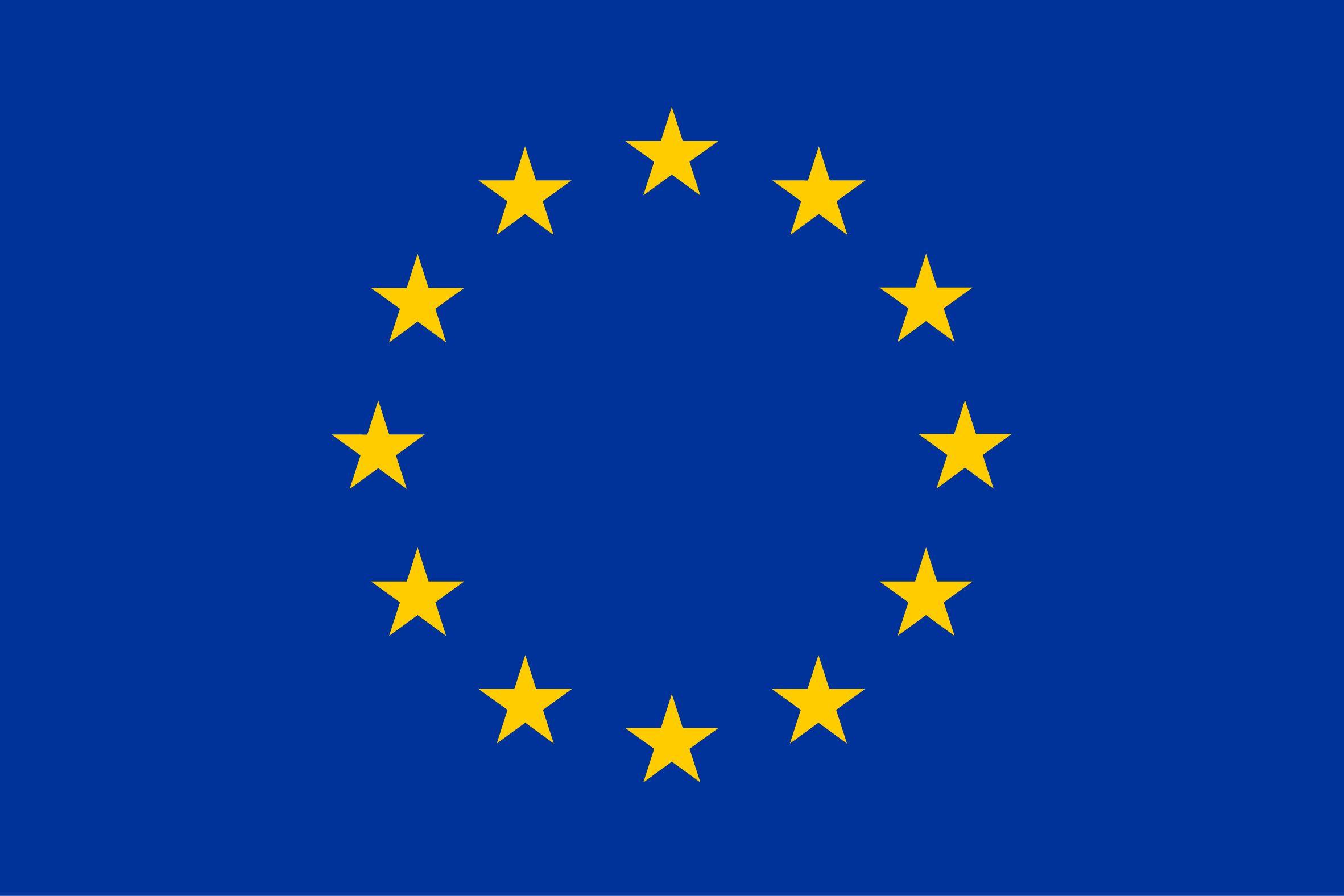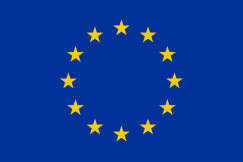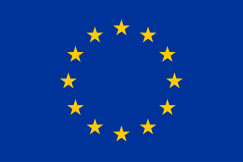Legislation
01 June 2025
Agricultural Block Exemption Regulation (ABER)
Legislation
01 June 2025
1. Healthy, balanced and sustainable diets for all European consumers
2. Prevention and reduction of food loss and waste
3. A climate - neutral food chain in Europe by 2050
+4 more
Login / create an account to be able to react
-
33

Regulation (EU) 2022/2472, also known as the agricultural block exemption regulation (ABER), is designed to streamline State-aid processes for micro-, small, and medium-sized enterprises (SMEs) in the EU's agricultural, forestry, and rural sectors.
By declaring specific aid categories compatible with EU rules and exempting them from prior notification and approval, the regulation allows Member States to provide aid more swiftly and efficiently. It emphasises environmental protection, heritage conservation, research and innovation, and rural development, while setting clear guidelines for aid intensity, transparency, and reporting requirements.
Editorial team
European Commission - DG COMP
Topics
EU-27
Academic / Research and VET Institutions
Business Support Organisation
Company with 250 or more employees
Cluster Organisations
Consumer Organisations
Cultural and Heritage Organisations
Destination Management & Marketing Organisations
EU Institutions
Financial Institutions and Investors
Industry Associations and Chambers of Commerce
International Organisations
Local Authorities
Media / Journalist Organisations
National authorities
Networks and Federations / Confederations
NGOs / Non-profits
Notified Bodies
Regional Authorities
SMEs (a company with less than 250 employees)
Social Economy Entity
Trade Unions
Other
-
CoC aspirational objectives
-
-
1. Healthy, balanced and sustainable diets for all European consumers
-
2. Prevention and reduction of food loss and waste
-
3. A climate - neutral food chain in Europe by 2050
-
4. An optimised circular and resource-efficient food chain in Europe
-
5. Sustained, inclusive and sustainable economic growth, employment and decent work for all
-
6. Sustainable value creation in the European food supply chain through partnership
-
7. Sustainable sourcing in food supply chains
-
Share
Regulation (EU) 2022/2472, known as the agricultural block exemption regulation (ABER), is an integral component of the European Commission’s efforts to update State-aid rules concerning agriculture, forestry, and rural areas. This regulation identifies specific categories of aid as compatible with European Union State aid rules, thereby exempting them from the requirement of prior notification and approval by the Commission. This approach enables EU Member States to provide aid quickly, simplify procedures and increase transparency, evaluation and control of the financial assistance given.
The regulation is a comprehensive framework that governs national aid to micro-, small, and medium-sized enterprises (SMEs) engaged in a diverse range of activities. These activities encompass agricultural endeavours such as production, processing, and marketing, and extend to non-agricultural pursuits within rural communities. The regulation places a strong emphasis on environmental protection in agriculture, the preservation of cultural and natural heritage on agricultural holdings and in forests, and the restoration of damage from natural disasters impacting the agricultural sector. Furthermore, it prioritises research, development, and innovation in agriculture and forestry, as well as various forestry measures. Specifically, the regulation facilitates essential services, infrastructure development, business start-ups, and cooperative efforts through community-led local development projects for SMEs in rural areas.
Essential elements of the regulation include establishing thresholds below which aid does not necessitate notification, setting guidelines for maximum aid intensity and eligible costs, and defining specific conditions for various aid categories. The regulation mandates that aid must remain transparent to ensure precise calculation of the gross grant equivalent and must incentivise behavioural changes in beneficiaries. Typically, a written request for aid is required before initiating any project.
Member states are responsible for sending annual summaries and reports to the Commission, maintaining detailed records for a minimum of ten years, and conducting independent evaluations of aid schemes that surpass certain financial limits. The regulation grants the Commission the authority to require future aid notifications if existing aid does not meet legislative criteria.
Related regulations:
Regulation (EU) 2022/2472 declaring certain categories of aid in the agricultural and forestry sectors and in rural areas compatible with the internal market
State aid: Commission adopts new rules for agriculture, forestry and fishery and aquaculture sectors
Comments (0)
See also
-
3
De Minimis Regulation
- Categories
- 2. Prevention and reduction of food loss and waste 3. A climate - neutral food chain in Europe by 2050 4. An optimised circular and resource-efficient food chain in Europe +3 more
-
11
Guidelines for State aid in the agricultural and forestry sectors and in rural areas
- Categories
- 2. Prevention and reduction of food loss and waste 3. A climate - neutral food chain in Europe by 2050 4. An optimised circular and resource-efficient food chain in Europe +3 more
-
26
Guidelines on horizontal cooperation agreements
- Categories
- 2. Prevention and reduction of food loss and waste 3. A climate - neutral food chain in Europe by 2050 4. An optimised circular and resource-efficient food chain in Europe +3 more




